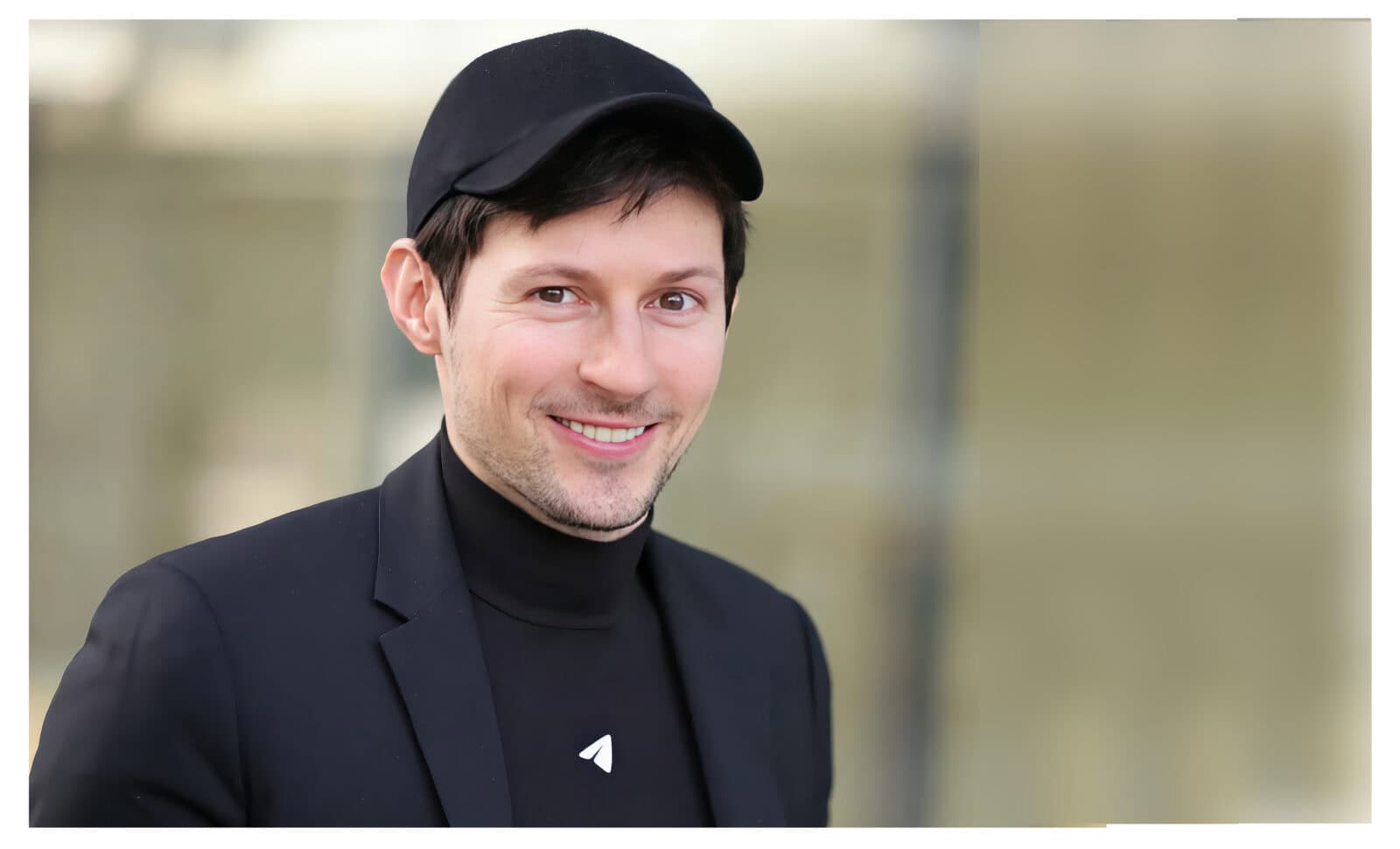$13.9 billion fortune and counting: 40 year old Pavel Durov names 100+ heirs — but payout is only 30 years from now

In a stunning revelation that blends tech-world eccentricity with a vision of long-range legacy, Pavel Durov—the enigmatic billionaire behind Telegram—has confirmed that his $13.9 billion fortune will one day be divided among his more than 100 children.
But there’s a twist: none of them will see a dime for another 30 years.
At just 40, the Russian-born entrepreneur told French media outlet Le Point that he recently finalized his will, aiming to ensure that his offspring—biological and donor-conceived alike—will inherit equally, but not immediately.
“I make no difference between my children,” Durov shared in a rare, candid interview.
“There are those who were conceived naturally and those who come from my sperm donations. They are all my children and will all have the same rights. I don’t want them to tear each other apart after my death.”
To date, Durov says he is the legal father of six children from three long-term partners.
Yet his global family tree extends far beyond that, thanks to numerous sperm donations resulting in more than 100 biological children across 12 countries.
It’s a 21st-century legacy strategy that challenges both conventional family norms and traditional estate planning.
While unconventional, his philanthropic approach to legacy isn’t without intention.
Durov, who has long presented himself as a minimalist libertarian in tech circles, insists on giving his children time—decades, in fact—to build character, independence, and resilience before wealth is introduced.
“I want them to live like normal people, to build themselves up alone, to learn to trust themselves, to be able to create—not to be dependent on a bank account,” Durov said.
“That’s the only way they can become their own person, not simply heirs.”
Durov’s own journey has been shaped by resistance to authority and a commitment to free communication.
He first rose to prominence as the founder of VK, Russia’s largest social media platform.
After clashing with the Kremlin and ultimately losing control of the company, he left Russia and went on to found Telegram in 2013.
The privacy-first messaging app has since grown into a global platform with nearly 1 billion users, and Durov remains its sole operator.
His life philosophy—a mix of discipline, asceticism, and philosophical detachment—is reflected in both his lifestyle and his financial planning. “I don’t drink alcohol, coffee, or tea. I don’t smoke, and I stay away from sugar,” he said. “Every day I do 300 push-ups and 300 squats in a row.”
His preferred leisure? Swimming in icy waters, whether in Finland or Lake Geneva.
Even his approach to mortality is pragmatic.
Acknowledging the risks of running a high-profile communications platform in an age of digital surveillance and geopolitical tension, Durov says he crafted his will now because “my work involves risks, and I have enemies from within powerful states.”
He draws a measured contrast with other tech billionaires.
“Elon [Musk] runs several companies at once, while I only run one. Elon can be very emotional, while I try to think deeply before acting,” he stated.
Yet both men share a curious commonality: large, unconventional families, and a public profile that blurs the lines between brilliance and bravado.
In a world where succession is often framed in terms of assets and control, Pavel Durov is framing his legacy in terms of identity, growth, and individual agency.
For the more than 100 young lives linked to him, the true inheritance may lie not in the billions—but in the values he’s trying to instill.
As always with Durov, the message is clear—even if the delivery is anything but ordinary.

